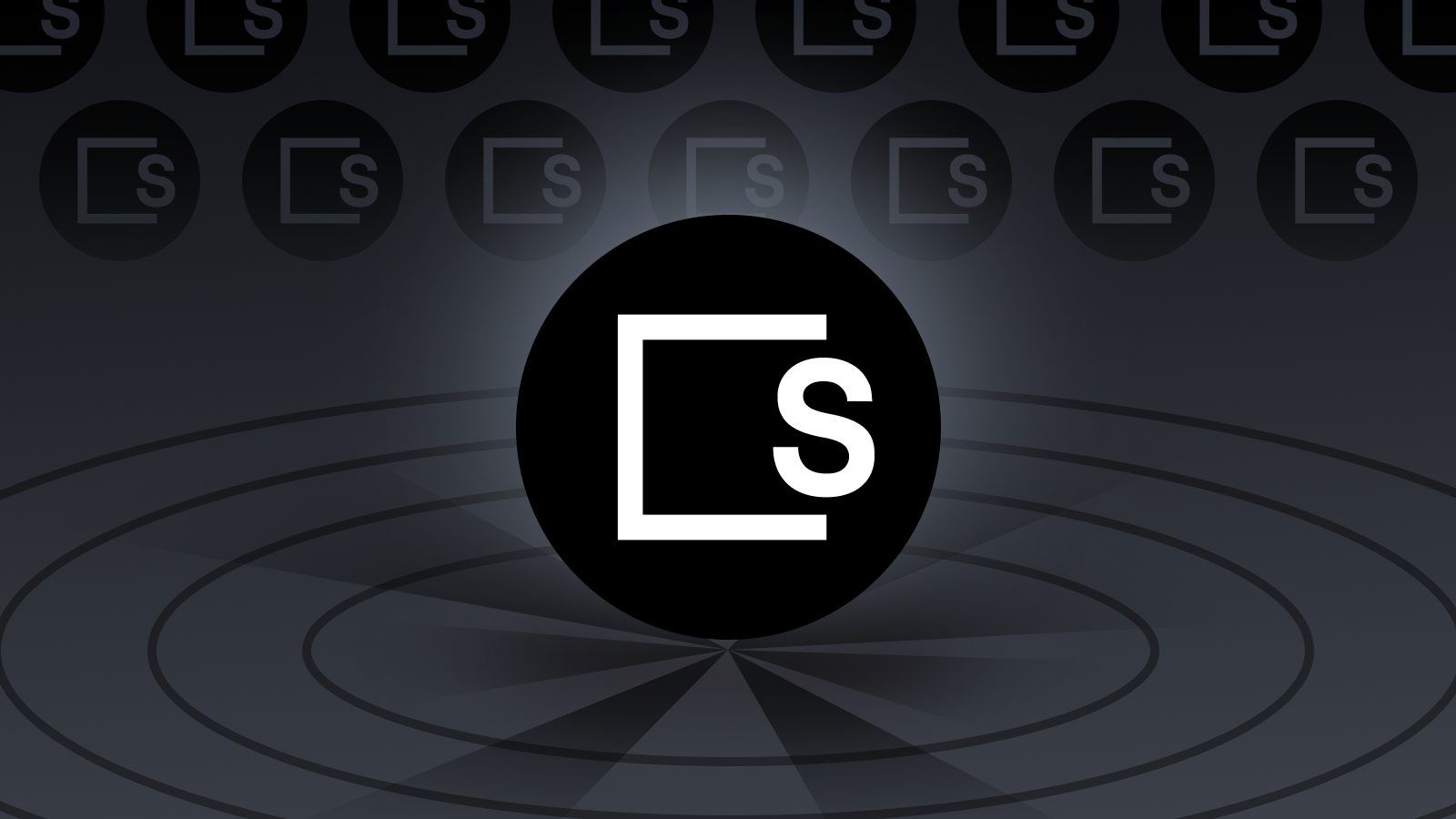If you’re new to SKALE Network, it can be a bit of a daunting task to figure out where to start. Fortunately, there are a few great resources that can help you get started. One such resource is the SKALE Network Manager. By learning how to use this application, you can easily manage your SKALE Network account and keep track of your SKALE holdings. Whether you’re looking to invest in SKALE or trade it, this tool is a must-have.
Also Read: pivots from blockchain to metaverse next
SKALE Network coin
SKALE Network is a decentralized and scalable sidechain ecosystem that offers gas-free on-demand blockchains for applications. It is a network of decentralized nodes that enables high-throughput and fast execution of transactions.
SKALE Network addresses scalability and performance problems in the Ethereum network by providing a scalable infrastructure to accommodate decentralized applications. Through its decentralized governance model, the SKALE Network ensures that participants have a voice in protocol changes.
SKALE Network is based on Delegated Proof of Stake consensus mechanism. This consensus mechanism is used to ensure network reliability. In addition to ensuring the security of the network, it encourages correct behavior among its members.
Unlike traditional sidechains, SKALE Network allows developers to create highly-configurable sidechains. They can select a virtual machine, parent blockchain, and consensus protocol. These features allow dApps to function on multiple platforms. The SKALE Network also provides high-performance, low-latency sidechain networks.
SKALE Network chains use advanced analytics and are designed to provide high-throughput and storage capacity. While the initial launch of SKALE Network focused on the Ethereum platform, the company plans to expand to support other Security Layer blockchains.
The SKALE Network ecosystem is divided into a series of Node Cores, each responsible for overseeing network functions. In the future, users will be able to specify the number of virtualized subnodes they want to deploy. Eventually, this feature will ensure that the SKALE Network will remain a sustainable resource for dApps.
SKALE Network also has a containerized structure that aims to give dApp developers options and enterprise-level performance. The structure is aimed at giving the same level of flexibility to developers as centralized systems.
SKALE Network is an innovative solution that can significantly increase the amount of transactions in the Ethereum network. But, the price is still volatile.
SKALE Manager
If you are a developer, you may have already heard about the SKALE Network. This is a fee-less, subscription-based decentralized network, enabling developers to create secure, scalable, and fast Ethereum-based sidechains.
Unlike traditional sidechains, SKALE utilizes a large network of validator nodes to ensure reliable and scalable scalability. Initially, the SKALE Network is designed to support the Ethereum mainnet, but it expects to expand to other Security Layer blockchains in the future.
The SKALE Network is based on a decentralized governance model that provides stakeholders with direct voting power. All participants can choose to participate in the governance process by pledging stocks, pledging SKL tokens, or pledge a percentage of their holdings.
Developers pay a yearly subscription in SKL tokens, and they can delegate some of their SKL tokens to validators, who are responsible for running nodes. Validators receive SKL crypto premiums as a reward for their service. They can also delegate tokens to other validators.
Developers can specify the size of their chain, transaction throughput, and storage capacity. Users are also able to select additional security measures to secure their smart contracts. SKALE has also developed a file storage system, which allows for storage of large files.
SKALE’s containerized architecture allows for complete configurability. Each elastic sidechain in the network supports the BLS signature, which allows for fast inter-chain communication. It is also possible to use asynchronous BFT, which is the most reliable type of BFT implementation.
In addition to being compatible with the Ethereum Virtual Machine, the SKALE Network is a high-throughput, fee-less, and fully-decentralized system. It offers secure, scalable, and flexible sidechains, as well as a platform for developing smart contracts.
SKALE sidechains
SKALE is an Ethereum protocol that facilitates fast and secure provisioning of highly configurable blockchains. It allows developers to build and test Dapps without affecting the main network.
SKALE network consists of subnodes, which are randomly assigned. Subnodes work to promote inter-chain communication and to run the SKALE EVM. They are also responsible for promoting consensus mechanism functions.
Each node is connected to multiple elastic sidechains. The number of elastic sidechains each node can operate depends on the size of the network. To participate in the SKALE Network, a node must stake a predetermined amount of SKALE tokens. Once a node has met the computational requirements of the network, it is assigned a virtualized subnode.
Developers can configure the SKALE chain with a decentralized interface. This provides them with the opportunity to choose the parent blockchain, consensus protocols, and security measures. They can then choose to include a set of emergency strategies. SKALE also offers two extension packages.
Developers can then select a virtual machine for their Dapp. Using the SKALE Network, they can rent resources for a certain period of time. When the time period expires, they will have to pay for the resources they used.
SKL is a utility token that allows users to access the Dapps hosted on the SKALE network. Users can then perform transactions with the token. In exchange, they must stake a large number of SKL tokens into a series of smart contracts on the ETH mainnet. These tokens help ensure fair payouts for validators. SKL is traded in the market and can be used to generate profits.
SKL is an integral part of the SKALE network’s security and governance model. By participating as a validator, developers can obtain a stake in a chain and gain the right to run nodes. Validators can receive SKL crypto premiums from subscription fees and inflation of the tokens they hold.
SKALE’s shortcomings
The SKALE Network is a forked off of the Ethereum mainnet. Founded by Jack O’Holleran and Stan Klakdo, the network was launched in 2018. It offers a way to scale the Ethereum platform, providing high throughput for users.
Compared to the Ethereum mainnet, SKALE has a more streamlined UX. The chain is highly configurable, which enables developers to build sidechains for specific Dapps.
Skale is also a secure system. Nodes have power and are configurable, which makes it difficult for malicious entities to get a foothold. In addition, all assets in the system are valued equally.
Besides the unique integration with the Ethereum mainnet, SKALE also uses a smart contract. This contract controls the state of tokens. Additionally, it controls delegation flows. SKALE also has a validator node shift mechanism that reduces the possibility of a conspiracy.
Another important feature of the SKALE Network is its ability to run at near-instantaneous transaction times. For example, a dApp powered by the SKALE Network can perform transactions in less than a half-second block time. Moreover, a dApp powered by the network can run with newly audited smart contracts.
Although the SKALE Network is relatively new, it has already gained some significant traction. Many liquidity providers have already begun building plugins for it.
However, the SKALE Network does have some shortcomings. For instance, it can’t guarantee that all nodes will be fully functional. Likewise, it may not provide enough resources for a dApp to perform well.
The SKALE Network also has a limited supply of tokens. It has a maximum supply of 7,000,000,000. Currently, it is ranked #180, and has a live market cap of $98,362,272 USD.
SKALE’s value foundation
SKALE is a decentralized platform that provides on-demand, secure, gas-free, EVM-compatible side chains for developers. These networks have low latency, fast throughput, and are scalable. The platform offers developer-friendly, configurable sidechains for a variety of applications.
SKALE has secured its network with a pool of rotating validators. Validators are nodes that are responsible for carrying out consensus on the network. They are rewarded with SKL tokens when they participate in the network. All validators receive rewards equally. But if a validator does not meet the minimum standards, his or her stake will be cut. This mechanism is used to protect the network from malicious actions.
The SKALE network uses Delegated Proof of Stake to provide scalable, high-performance, and secure side chains. It supports multiple elastic sidechains on a single node. Each chain is designed to address the unique needs of a particular Dapp.
The SKALE Network is also able to deliver the benefits of the Ethereum blockchain without the need for high gas fees. This allows the SKALE system to support smart contracts and other on-chain transactions. Users can also benefit from low latency and a secure storage-enabled chain. Currently, 13 chains have launched, but SKALE has plans to support up to 30 by the end of the year.
SKALE’s infrastructure also includes a treasury and grant program. The Network of Decentralized Economics (N.O.D.E.) Foundation is the governing body for the SKALE ecosystem. Funds are allocated to projects based on the SKALE Network’s performance metrics.
SKALE’s decentralized governance model ensures that all network participants have a voice in protocol changes. In addition, a voting system is currently under development, which is planned to be implemented in Q4’22.


